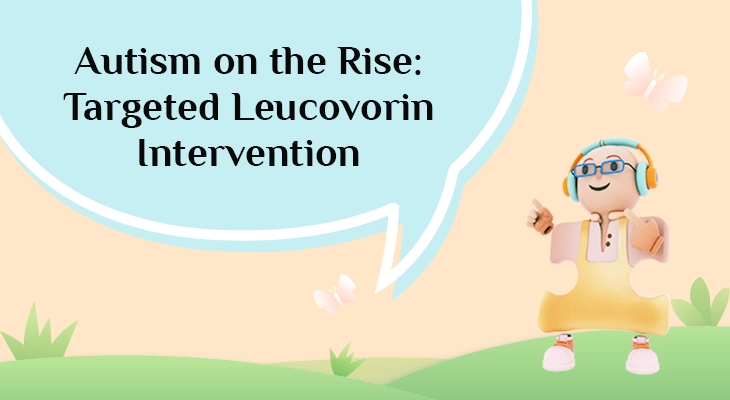
Introduction
Approximately 1 in 36 children in the U.S. are diagnosed with autism spectrum disorder according to the U.S. Centers for Disease Control and Prevention. As these children grow older and graduate high school, a large majority of them will be enrolling in college.
Now as a parent, we know the trajectory of college tuition. Yes, college tuition costs have been rising steadily over the years, continuing a long-term trend! Several factors contribute to these increases, and they vary depending on the type of institution (public vs. private), the region, and other economic factors, but, generally speaking, college tuitions will continue to rise. This is something that a parent should prepare for.
With that in mind, it is never too early to start thinking of a game plan for your child. There are quite a number of resources available that may not be immediately evident, but through research and proper diligence many helpful avenues may be uncovered. Helping your child with autism secure a college scholarship involves a combination of academic preparation, research, and leveraging available resources designed to support students with disabilities. Let’s discuss some steps that you can take to prepare accordingly:
1. Build a Strong Academic Record
- Tailor an Education Plan: Ensure that your child’s IEP (Individualized Education Program) or 504 Plan supports their strengths, whether they excel in specific subjects or need extra support.
- Develop Study Skills: Encourage organization, time management, and self-advocacy skills. Colleges appreciate students who show independence and self-motivation.
- Extracurriculars: Engage in activities that align with your child’s interests, whether academic, artistic, or in sports. Extracurricular activities show well-rounded development.
2. Find Autism-Specific Scholarships
There are numerous scholarships available specifically for students with autism. This is where your hard work comes into play. Simply search on the internet and you will uncover many scholars that are allocated for children with autism. For example, here are just a few that popup after a quick google search.
- Autism Society of America Scholarships
- Autism Delaware Scholarship
- Organization for Autism Research (OAR) Scholarship
- Ruby’s Rainbow Scholarship (for those with Down syndrome and autism)
- Google Lime Scholarship (for students with disabilities in tech fields)
- KFM Making A Difference Scholarship
- Autism Research Texas
- Autism Can Do Scholarship
- Joseph James Morelli Legacy Foundation Scholarship
Keep searching on a consistent basis!
3. Apply for General Scholarships
Look into general disability scholarships as well. Oftentimes there is no specific definition for an “autism” scholarship, but regardless your child may qualify for one under a general disability scholarship. Leave no rock unturned! A quick internet search reveals the following:
- American Association on Health and Disability Scholarship Program
- Disability Scholarships from organizations like Microsoft and IBM
General disability scholarships are certainly worth pursuing!
4. Advocate for Accommodations in Standardized Testing
If your child needs accommodations for the SAT, ACT, or other standardized tests (e.g., extra time, a quiet room), work with their school to secure these early. Strong test scores can help with merit-based scholarships.
5. Seek Support for College Transition
Some colleges have specialized support programs for students with autism, such as:
- University of Alabama’s Autism Spectrum Support Program
- Drexel University’s Autism Support Program These programs can also provide guidance on navigating scholarships.
There are many others out there. Just keep searching!!
6. Engage in Early College Exploration
- Visit colleges that are known for being autism “friendly”. Again, a great place to start with that is via an internet search.
- Attend college fairs that focus on disability services.
- Contact disability resource offices at colleges to learn about support systems and scholarship opportunities.
7. Help with Essays and Applications
- Encourage your child to express their unique strengths and challenges. Scholarship committees often look for personal stories and resilience.
- Some scholarships ask for letters of recommendation so make sure teachers, counselors, or mentors can speak to your child’s abilities.
Conclusion
The above points may provide for a brief roadmap in navigating the college scholarship process. It is not necessarily harder to get a scholarship for a child with autism, but like any student, you will need to put effort into finding the right scholarships and presenting your best self in the application process. Focus on autism-specific scholarships, but don’t hesitate to apply for general scholarships as well. Good luck – you and your child can do it!



